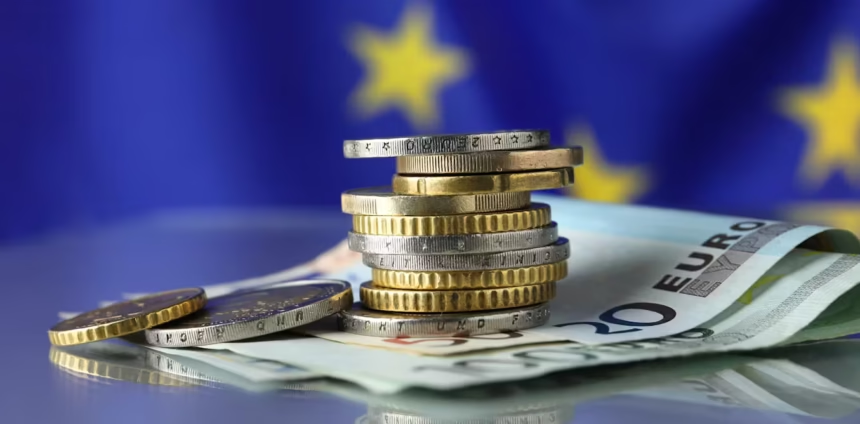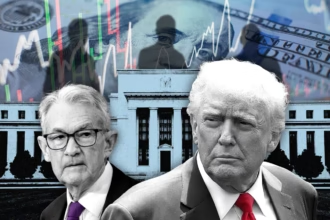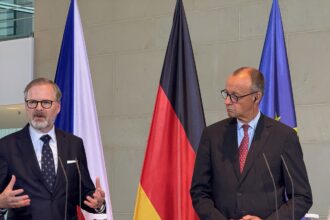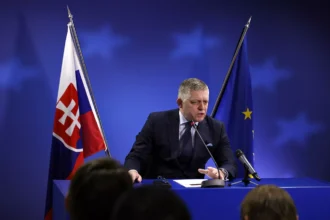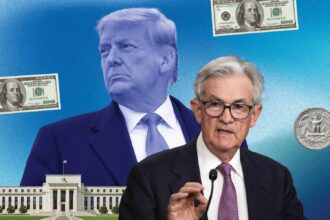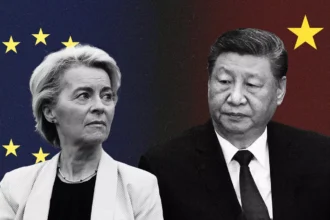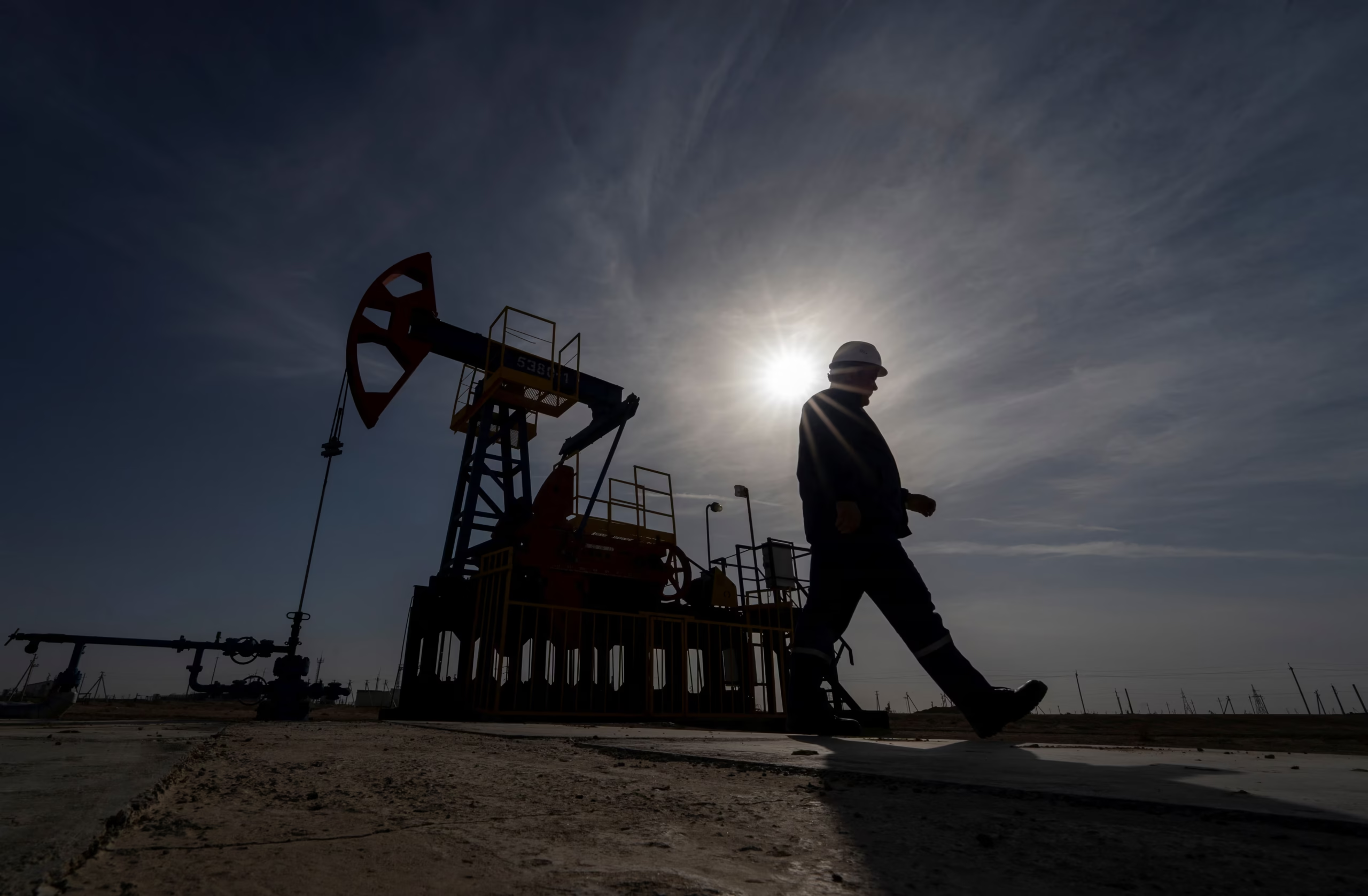The European economy is showing clear signs of contraction, raising concerns about the region’s short-term growth prospects. A combination of weak consumer demand, elevated interest rates, geopolitical tensions, and sluggish industrial output is contributing to a period of stagnation or even recession across multiple EU member states.
Economic Indicators Point to Slowdown
Recent data from major economies such as Germany, France, and Italy reveal that GDP growth is either flatlining or declining. Germany, often seen as the engine of Europe, has seen persistent weakness in its manufacturing sector, which has historically been a key driver of the eurozone economy. Meanwhile, France is grappling with high inflation and subdued business confidence, while Italy’s public debt and slow structural reforms continue to weigh heavily on its economic outlook.
Impact of ECB Policy
The European Central Bank’s (ECB) prolonged tightening of monetary policy to combat inflation has also begun to bite. High borrowing costs are reducing investment and slowing consumer spending. Although inflation has moderated compared to its peak in 2022–2023, the real economy is feeling the delayed consequences of policy tightening.
External Pressures
Global uncertainty, especially regarding the war in Ukraine and escalating trade tensions, is further dampening investor sentiment. Europe’s reliance on energy imports and export-oriented industries makes it particularly vulnerable to shifts in global trade and commodity flows. Furthermore, political uncertainty in several member states and growing populist sentiments are undermining long-term economic planning and reforms.
Outlook Ahead
While some economists hope for a recovery in the second half of 2025, the overall sentiment remains cautious. Structural reforms, fiscal stimulus, and strategic investment in innovation and green technology could help the EU regain momentum, but current trends point to a shrinking economic outlook unless decisive action is taken.
The shrinking of Europe’s economy is not just a temporary phase—it’s a warning signal. Policymakers now face the difficult task of balancing inflation control with the need to stimulate growth in an increasingly complex global landscape.

